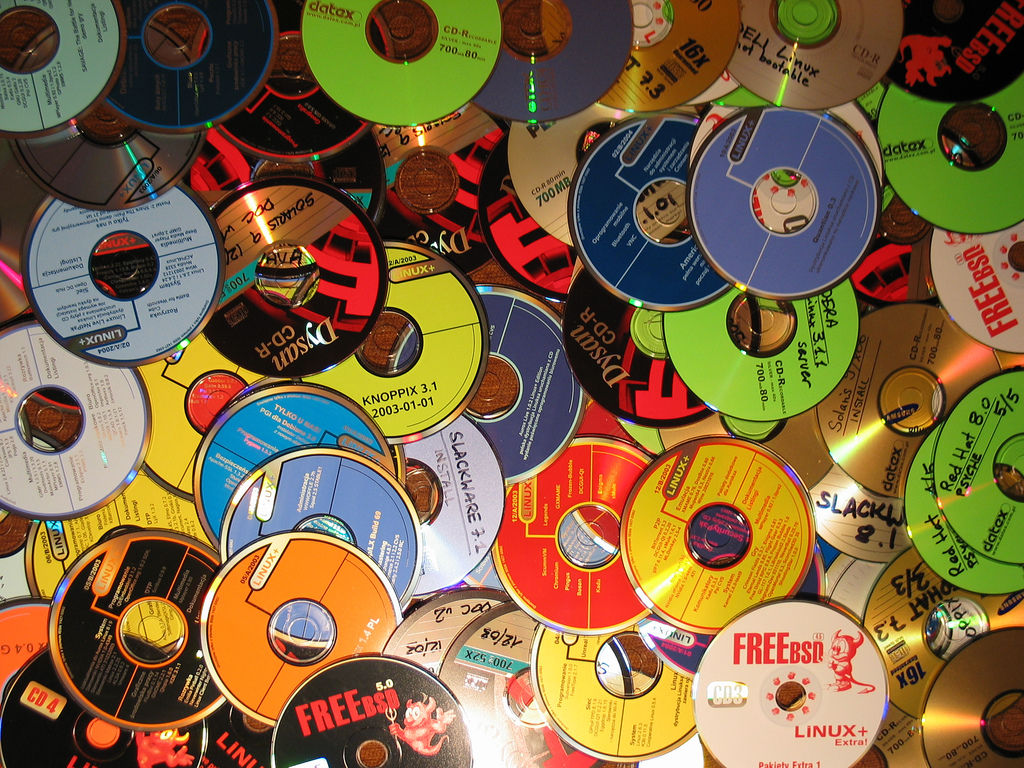-
Are mobile apps the perfect software replacement?
0 August 16th, 2013App Development, Applications, apps, mobile, mobile applications
August 16th, 2013App Development, Applications, apps, mobile, mobile applicationsOver the last few decades’ technology has changed beyond recognition, from computers the size of your lounge to ones that slip into your pocket and can comfortably be held in your hand. So too has the software that makes them so appealing. In the very early days software had to be written, tested for an age to ensure it was compatible with different devices and that it wouldn’t conflict with device driver and then it had to be distributed by hand. Transferred to a disk or CD and then physically sent out to shops, regardless of whether you were Microsoft or an indie games developer this was how it had to be done.
 Shortly after the internet enabled browser-based apps, allowing web-applications to be built with no physical distribution required and much less testing. Following that, the cloud allowed for software-free applications, with the likes of Salesforce, and of course Google, leading the way.
Shortly after the internet enabled browser-based apps, allowing web-applications to be built with no physical distribution required and much less testing. Following that, the cloud allowed for software-free applications, with the likes of Salesforce, and of course Google, leading the way.The next movement came in the form of mobile apps, whilst many may not think of it as software (and let’s face it apps are a million miles from software as we knew it in the early days), mobile apps are software for our time. Mobile app development still requires compatible code to be written, but the OS folk have removed many of the upgrade and device driver issues and they allow us to simply take advantage of built-in functions like GPS, touchscreens, voice recording and cameras.
Perhaps the most appealing part of mobile applications though, is that they come with the perfect distribution channel – apps stores. Apps instantly have the ability to reach a global audience, with stores providing extra promotion for those that do well. This clearly beats distributing software on CD’s, hands down!
It’s also very difficult to deliver the same experience you get with an app, via the web. Even with HMTL5 the slick, accessibility of an app is difficult to replicate. So mobile apps are largely better than web apps too.
Is it likely that mobile applications will entirely replace all other forms of software in the near future? Probably not, although you’re likely to find some people who think it will. There are still certain tasks that are simply not effective on a mobile; the feedback from Microsoft’s Word app is a great example of a piece of software used by millions that simply doesn’t translate. However, mobile applications are certainly influencing the software market, significantly. And with the advent of app stores for laptops and PC’s it’s like to continue to do so, and it’s easy to see why.
Image source: Wikimedia




Recent Comments